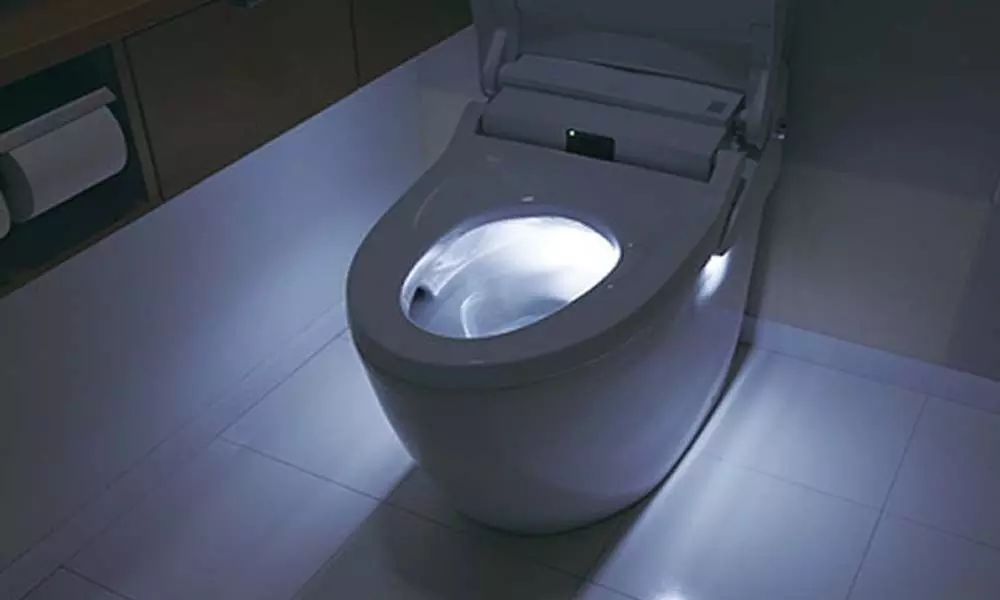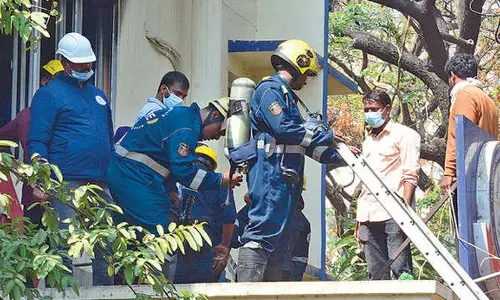Hi-tech toilets can turn antibiotic-resistant superbug spreaders

Hi-tech toilets can turn antibiotic-resistant superbug spreaders
Water-jet nozzles in electric toilets may be reservoirs for multidrug-resistant superbugs.
Water-jet nozzles in electric toilets may be reservoirs for multidrug-resistant superbugs, increasing the risk of dangerous germ transmission among people, according to a new research.
Pseudomonas aeruginosa or P aeruginosa naturally occurs in soil and freshwater, but it can also thrive on moist surfaces, leading to opportunistic infections in weakened and ill patients that could develop into life-threatening conditions like pneumonia or sepsis.
Because of the overuse of antibiotics, these bacteria have evolved the ability to withstand attempts to treat infections with drugs that once killed them. And infections caused by multidrug-resistant Pseudomonas aeruginosa (MDRP) bacteria are becoming more common in both the community and hospitals. Mortality rates among people infected with these superbug strains are double those of people infected with strains that are susceptible to treatment.
"Our findings imply that multidrug-resistant P aeruginosa bacteria were being transmitted within the patient community, and critically that the infection may be spread within hospitals via contaminated electric toilet nozzles," said lead researcher Dr Itaru Nakamura from Tokyo Medical University Hospital in Japan.
"With good hospital hygiene, which includes handwashing and environmental cleaning, we can control the spread of these pathogens, especially within settings where patients' immune systems are compromised," Nakamura added.
In this study, the team investigated the presence of multidrug-resistant bacteria recovered from the waterjet-nozzles of electric toilets in a haematology ward of Tokyo Medical University Hospital between September 2020 and January 2021.
The team made more than 10 visits to take samples from water-jet nozzles in electric toilets used by three patients with MDRP infections, including two patients with severe sepsis. MDRP strains were defined as those with resistance to at least two antibiotics such as imipenem, meropenem, amikacin and ciprofloxacin.
Using genetic fingerprinting techniques, they looked to see whether the strains of MDRP from the three infected patients were the same as the environmental MDRP strain sampled from the toilet nozzles. They found the samples matched, with strain 'ST235' dominating in all the samples -- suggesting that transfers to and from patients were happening.
The findings were presented at the European Congress of Clinical Microbiology and Infectious Diseases held online this year.















